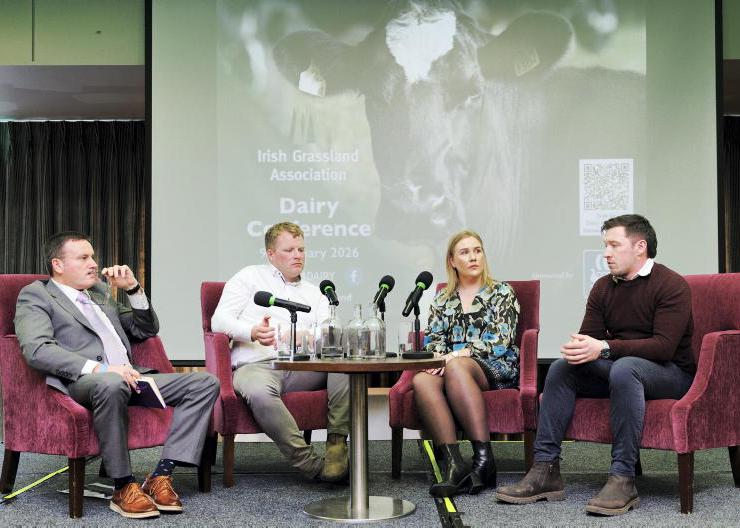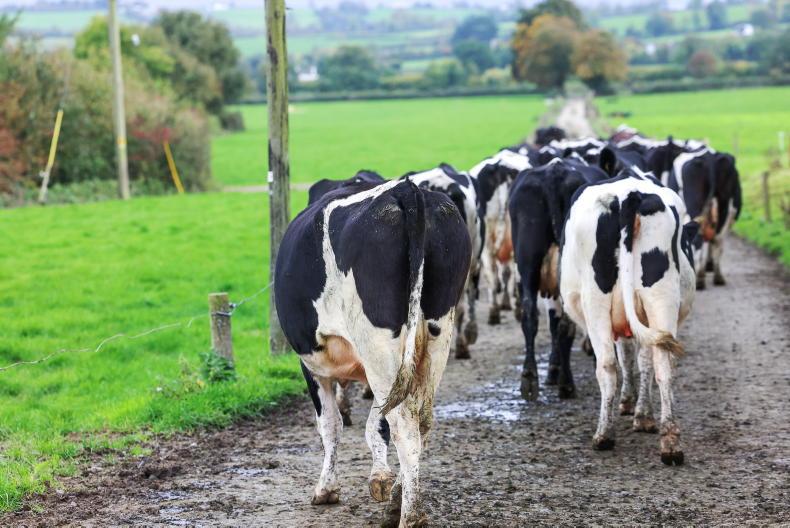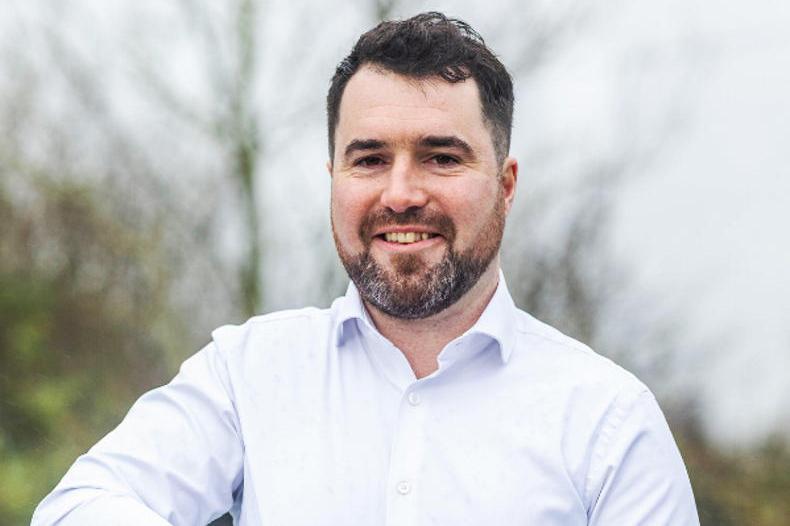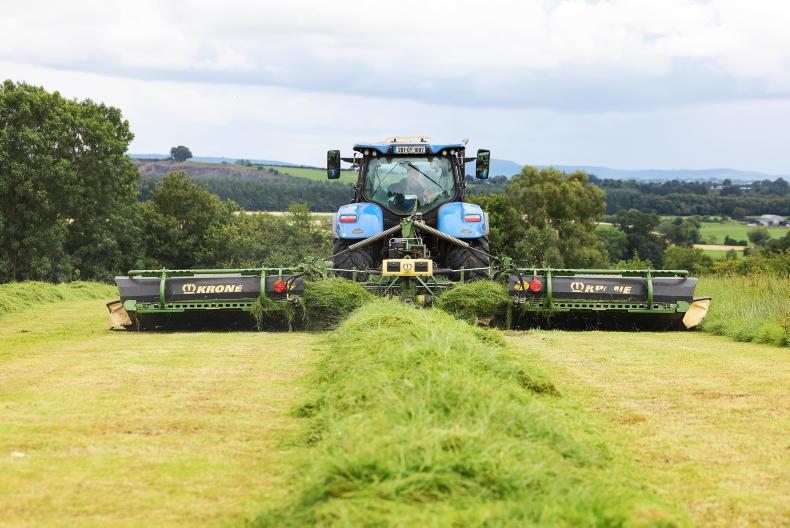A significant number of poultry farmers will get into financial difficulty if further cuts to Renewable Heat Incentive (RHI) tariffs are introduced, sources in the banking sector have indicated. Last week, the Department for the Economy (DfE) published a report on the future of RHI which pointed to substantial cuts to tariffs being introduced from 1 April 2019 (see page six).
Of the eight options for the future of RHI that were put out to public consultation last June, two appear to be left on the table by DfE. They involve either closing the scheme completely or, more likely, reducing payments to around a quarter of their current level.
While RHI was portrayed by some media as a money-making scheme, in reality most claimants, such as poultry farmers, are still repaying loans that were taken out to fund biomass boilers and hot water heating systems for poultry sheds.
Sources in the financial sector that the Irish Farmers Journal spoke to wanted to remain nameless when discussing RHI. One banker envisaged that there would be “an avalanche” of farmers that will struggle to meet loan repayments if RHI tariffs are cut further.
He said that the worst-affected RHI claimants will be farmers that converted existing poultry sheds from gas heaters by retrofitting biomass boilers. Most of these farmers availed of asset finance loans over a five-year period to fund the new heating systems and have significant monthly repayments.
“Asset finance is fixed-rate money, so if you can’t make repayments then you have broken a contract with the finance company and they will charge you a penalty. Changes to loans are not up for re-negotiation,” the source said.
With most RHI claimants joining the scheme in late 2015, there are still another two years of loan repayments for most farmers that funded boilers through a five-year asset finance loan.
“These farmers are breaking even at best with current tariff rates, so they will have major cashflow problems if this goes ahead. That means repayments will have to be met from a beef or dairy enterprise if they have one. If they are a dedicated poultry farm, they have nowhere to go,” the source said.
Other farmers that funded boilers from variable rate loans from local banks have more flexibility and can restructure loans over a longer period to reduce monthly repayment requirements.
With RHI tariffs rates originally guaranteed for 20 years and then cut retrospectively in April 2017 when the scheme overspend emerged, proposals to slash tariffs further have exacerbated tensions between RHI claimants and DfE.
“If a farmer was getting overpaid, the money went in something else on the farm. No one thought ‘I better set something aside in case this tariff, which is guaranteed in a contract, is cut at some point,’” commented a source.
Read more
RHI claimants are right to feel aggrieved
RHI claimants determined to fight on
A significant number of poultry farmers will get into financial difficulty if further cuts to Renewable Heat Incentive (RHI) tariffs are introduced, sources in the banking sector have indicated. Last week, the Department for the Economy (DfE) published a report on the future of RHI which pointed to substantial cuts to tariffs being introduced from 1 April 2019 (see page six).
Of the eight options for the future of RHI that were put out to public consultation last June, two appear to be left on the table by DfE. They involve either closing the scheme completely or, more likely, reducing payments to around a quarter of their current level.
While RHI was portrayed by some media as a money-making scheme, in reality most claimants, such as poultry farmers, are still repaying loans that were taken out to fund biomass boilers and hot water heating systems for poultry sheds.
Sources in the financial sector that the Irish Farmers Journal spoke to wanted to remain nameless when discussing RHI. One banker envisaged that there would be “an avalanche” of farmers that will struggle to meet loan repayments if RHI tariffs are cut further.
He said that the worst-affected RHI claimants will be farmers that converted existing poultry sheds from gas heaters by retrofitting biomass boilers. Most of these farmers availed of asset finance loans over a five-year period to fund the new heating systems and have significant monthly repayments.
“Asset finance is fixed-rate money, so if you can’t make repayments then you have broken a contract with the finance company and they will charge you a penalty. Changes to loans are not up for re-negotiation,” the source said.
With most RHI claimants joining the scheme in late 2015, there are still another two years of loan repayments for most farmers that funded boilers through a five-year asset finance loan.
“These farmers are breaking even at best with current tariff rates, so they will have major cashflow problems if this goes ahead. That means repayments will have to be met from a beef or dairy enterprise if they have one. If they are a dedicated poultry farm, they have nowhere to go,” the source said.
Other farmers that funded boilers from variable rate loans from local banks have more flexibility and can restructure loans over a longer period to reduce monthly repayment requirements.
With RHI tariffs rates originally guaranteed for 20 years and then cut retrospectively in April 2017 when the scheme overspend emerged, proposals to slash tariffs further have exacerbated tensions between RHI claimants and DfE.
“If a farmer was getting overpaid, the money went in something else on the farm. No one thought ‘I better set something aside in case this tariff, which is guaranteed in a contract, is cut at some point,’” commented a source.
Read more
RHI claimants are right to feel aggrieved
RHI claimants determined to fight on









SHARING OPTIONS